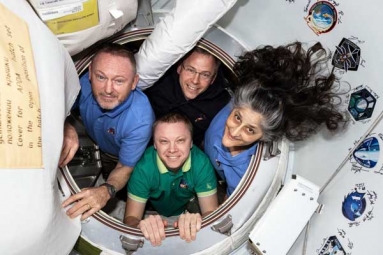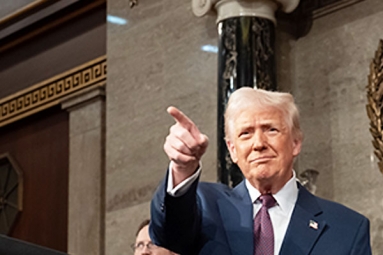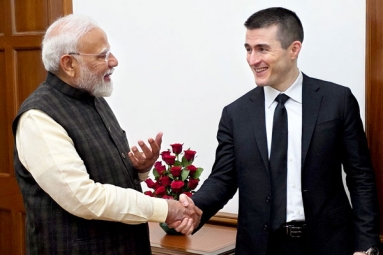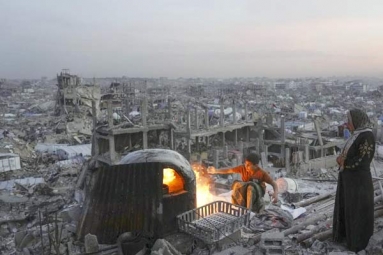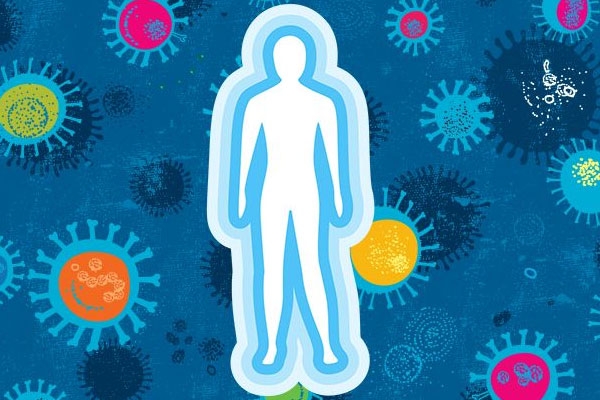
(Image source from: everydayhealth.com)
Your battle against the COVID-19 depends on the immunity response and in several cases the battle is much longer.
The medical team working to cure Trump against the coronavirus has for the first time using the experimental medicines.
Doctors will also try to keep the immune system of Trump away from harming him.
Though Trump seems to be Healthy as of now, the future is certainly unclear.
Here's how your body fights with the coronavirus and how the role of medicines will help in curing the disease:
How do mild and severe coronavirus cases differ?
The viral load also known as the level of the virus builds up as the virus spreads from cell to cell in the body.
When it reaches the peak viral load, the symptoms start to appear.
Frequent symptoms like fever, cough and fatigue are also the signs that the immune system is fighting with the virus.
In the mild cases, the immune system helps the viral load to alleviate without the intervention of medicine.
In many cases, people don't necessarily fall sick too.
However, in severe cases, the symptoms last longer and the immune system takes time to reduce the viral load.
Some of the severe cases become exacerbated and can even lead to the death of the patient.
How does your immune system respond?
The response generally takes place in two ways:
The rapid innate response
The adaptive response.
Innate response:
In this step, the immune system produces cytokine molecules that causes inflammation at the place of viral attack which then sends signals to other immune cells to mobilize.
The inflated area has the tissues becoming warm, red and sore.
In mild cases, the innate response is immediate and reduces the viral load easily.
However, if the body's defense starts falling, the virus may go on multiplying.
The immune system's cells then swarm to the affected areas and the inflammation increases multifold which can lead to life threatening damage to the important organs.
Adaptive response
The second wave of the immune cells launch the adaptive response that include the antibodies that flat the virus for destruction and prevent it from entering the cells.
When the viral load becomes severe, antibodies build up earlier than when there is less infection.
This adaptive response also includes T-cells to produce more antibodies.
Antivirals in the early stages
When the novel coronavirus enters the human body, it multiplies itself to enter into every cell of the body.
Antivirals are given to reduce this multiplication.
As there's no cure for the coronavirus, Trump was administered with this antiviral drug to stop the virus from occupying every cell.
Remedesivir is one such antiviral that is given to Trump which is also available in India.
It helps the coronavirus from replicating and is seen in reducing the hospital stay of patients.
By Gayatri Yellayi






